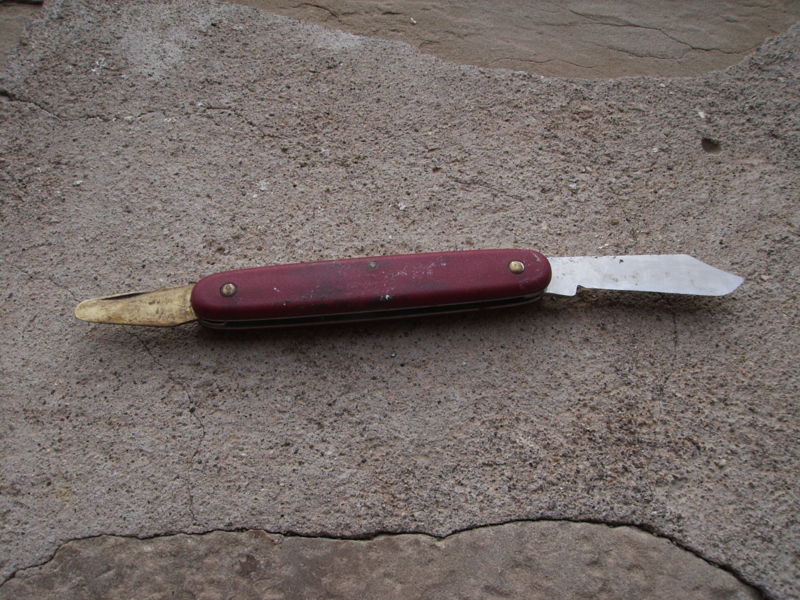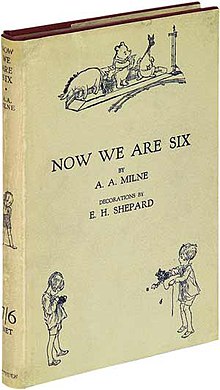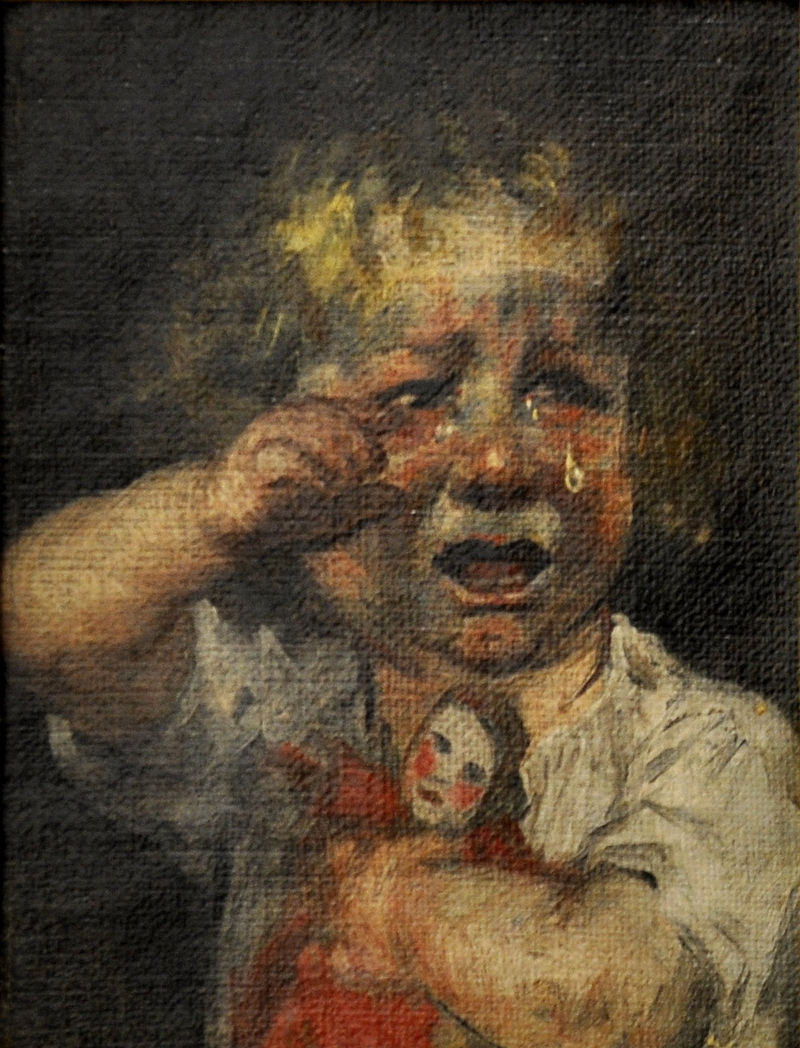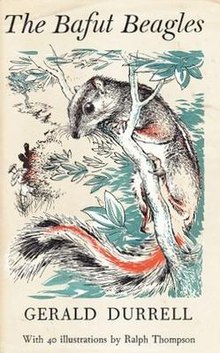Just one more stroke than a great expert. Well, that must make bogeying a hole beyond the dreams of a beginner - and in any case I have not the faintest intention making a public spectacle of myself cluelessly waving golf clubs about.
Luckily, there is another way of bogeying. It might involve a bogey hole but (thank heavens) it's nothing to do with picking the nose, for in Australia a bogey (or bogie) hole is a natural pool, and to bogey means to bathe or swim.

Back yard swimming pool in Queensland. Photo by Kgbo
Now, a bath, a nice long hot bath with bubbles. That I'm prepared to undertake.
Thing To Do Today: bogey. The golf word is probably something to do with the mischievous sprite sort of a bogey and might come from the Scots bogill, or the Middle Welsh bwg, which means ghost, or the Cornish buccaboo, the devil. The swimming word comes from the Australian native language Dharuk. Bū means bathe, and the gi bit is a past tense marker.
*Though, to confuse things, bogey once meant what is now called par.































